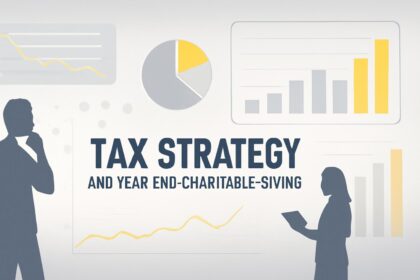Impact: San Francisco’s improving economic and social indicators position it as a competitive urban market despite political challenges. Continued pragmatic governance and investment inflows could further strengthen its recovery.
San Francisco’s Progress Amid National Debate on Urban Safety
San Francisco Mayor Daniel Lurie spoke candidly about the ongoing challenges and improvements in the city during a recent CNBC interview. Since taking office in January 2025, Lurie has navigated considerable pressure to enhance living conditions and public safety in one of America’s most scrutinized urban centers.
Last week, President Donald Trump reversed his plans for a federal surge of National Guard troops in San Francisco, a move that had sparked widespread discussion. The deployment proposal initially gained traction when Salesforce CEO Marc Benioff publicly supported it, a stance later echoed by tech leaders Elon Musk and David Sacks. However, Benioff quickly withdrew his support amid criticism.
Mayor Lurie’s Response and Policy Focus
Unlike California Governor Gavin Newsom, Mayor Lurie has sought to avoid direct confrontation with the Trump administration. Instead, he emphasizes data-driven progress in business development and crime reduction as evidence of San Francisco’s positive trajectory.
“I felt that pressure in January, I feel it today,” Lurie said. “I think they understand… when San Francisco is strong, America is strong.”
Lurie highlighted that while challenges remain, the city is on a clear path toward recovery and growth.
Economic Recovery Fueled by Innovation and Investment
The mayor pointed to robust data supporting San Francisco’s post-pandemic rebound. Investment in artificial intelligence has been a key driver, with venture funding in 2025 projected to surpass the record highs of 2021, according to CBRE data. This influx of capital is revitalizing both the city and the broader Silicon Valley region.
- Crime rates have declined by approximately 30% compared to 2024.
- Tourism and event bookings are increasing, signaling renewed confidence.
- Residential real estate demand is rising, creating scarcity.
- The office market is experiencing a resurgence.
“We have a lot of competition out there in the world, and we are on the rise,” Lurie stated. “Anything that would have hindered that rise is something that we don’t need.”
Philanthropic Initiatives Supporting Small Businesses and Cleanliness
Mayor Lurie is leveraging philanthropic partnerships to bolster city efforts in street cleanliness and small business support. The San Francisco Downtown Development Corporation has increased its fundraising total to $50 million, up from $40 million at launch.
This funding aims to facilitate a broad-based economic recovery that benefits all sectors, not only the tech industry.
“Our job is to create the conditions so that not only these [tech] companies can succeed, but our restaurants and small businesses can succeed. We’re stripping away red tape. We’re telling everybody that we’re open for business. We want you here, and we want you to be part of the community.”
FinOracleAI — Market View
San Francisco’s trajectory under Mayor Lurie presents a cautiously optimistic outlook for investors and businesses. The city’s ability to reduce crime, attract venture capital, and foster cross-sector recovery signals resilience amid national political tensions.
- Opportunities: Increased venture funding driven by AI, rising tourism, and a tightening real estate market.
- Risks: Political uncertainty and potential backlash from federal interventions could disrupt momentum.
- Policy Focus: Continued emphasis on deregulation and public-private partnerships to sustain growth.
Impact: San Francisco’s improving economic and social indicators position it as a competitive urban market despite political challenges. Continued pragmatic governance and investment inflows could further strengthen its recovery.













